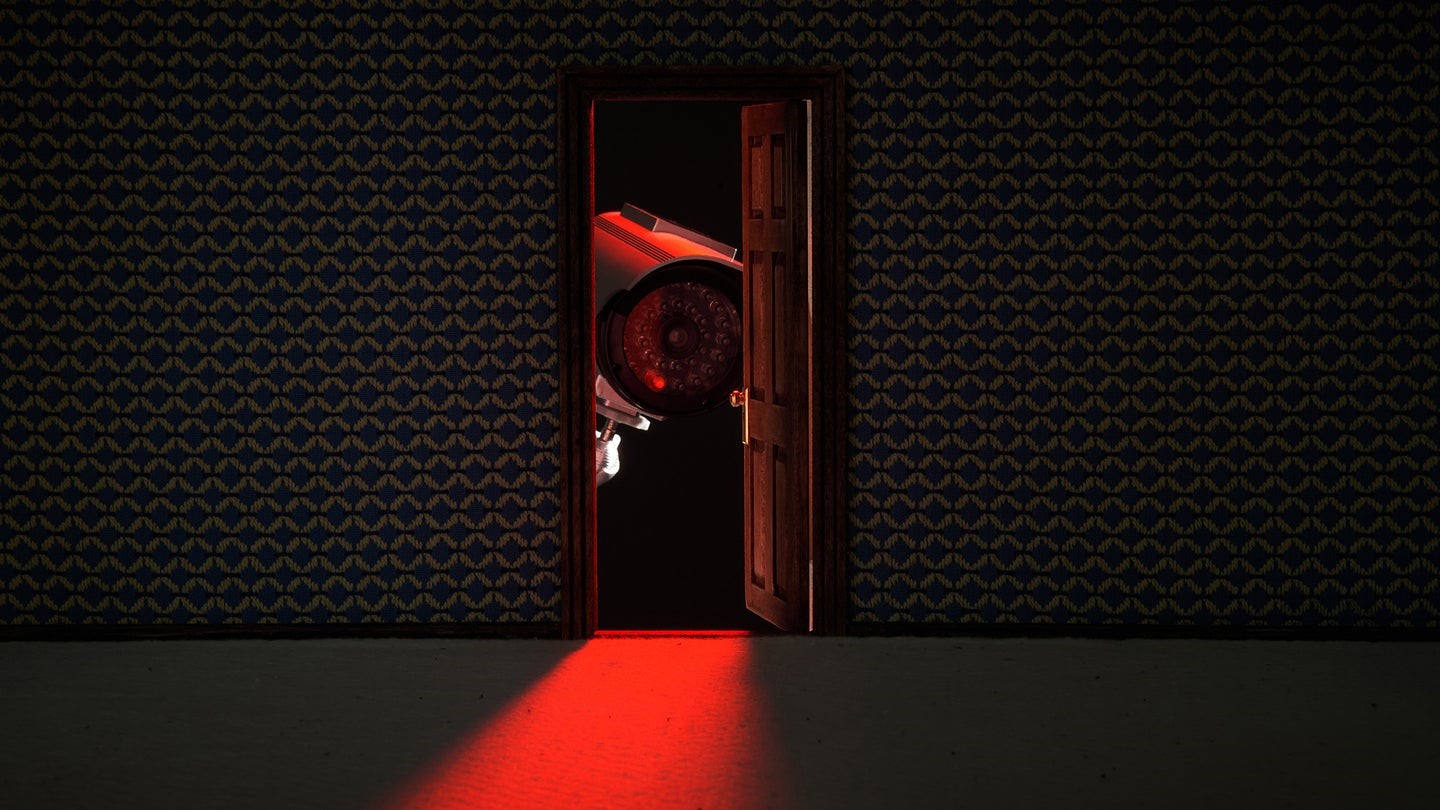The Opt Out: Home Security Cameras Guarantee Surveillance, Not Safety
residential security cameras Brands like Amazon’s Ring, Google Nest, and Arlo are everywhere. By October 2022, nearly half of US homes with broadband Internet have a home security system, network camera, video doorbell, or a combination of these. If only it were that easy to keep your property and family safe.

Figure 1. The Opt Out: Home Security Cameras Guarantee Surveillance, Not Safety
The Opt Out: Home Security Cameras Guarantee Surveillance, Not Safety is shown in Figure 1. Studies attempting to measure the ability of residential security cameras to deter or prevent crime have been inconclusive. And even though you only care about feeling safe, that potentially false sense of security comes with a high price: your privacy and the privacy of everyone around you. To make matters worse, some of the tech companies behind these gadgets are getting a little too cozy with law enforcement.
Aside from the risks, there are many practical benefits to installing a security camera. You may want to watch for when your package leans towards you and prevents passersby from grabbing them. Or maybe you live in a secluded area and want to make an effort to make sure potential trespassers think twice before breaking into your home.
But security cameras won’t keep you safe. Unless you’re checking their feed round the clock, these gadgets only allow for reactive responses, which means they’re only helpful if an offense has already happened. And their resiliency is highly context dependent.
A 2009 study published in the journal evaluation review No significant reduction in crime rates was found after security cameras were installed in two low-crime areas in Manhattan, New York. On the other hand, a review published in 2017 Journal of Scandinavian Studies in Criminology and Crime Prevention looked at seven studies focused on cities around the world and found that crime rates on public streets and urban subway stations dropped by 24 to 28 percent after the installation of closed-circuit television (CCTV). Still, the cameras did not affect the amount of crime that occurred in parking lots or suburban subway stations. Finally, in 2019 a review of 40 years was published in the journal Criminology and Public Policy found that CCTV cameras play a role in reducing property and drug-related crimes in parking lots and residential areas but do not reduce rates of violent crimes.
It is worth noting that these studies consider CCTV as well as other types of surveillance systems. To date, no studies have specifically looked at whether self-monitoring residential and commercial surveillance systems are an effective crime deterrent.
Privacy is a big price to pay for security
It’s important to understand that when you install a surveillance camera, you are buying security in exchange for privacy – but not always yours.
If the security system is outside your home, the people most often seen in the footage will not be you or anyone in your household, but other people in your community, regardless of whether they Whether the image is captured or not. Compromise makes sense only if we assume that everyone is a potential criminal.
“We don’t know who’s the culprit until the crime is committed, so what we’re asking people to do is keep turning their pockets and prove they’re not the culprit,” says Isadora Borges Monroy, who has a Ph.D. D. in Political Science from McGill University and is affiliated with the Berkman Klein Center for Internet and Society at Harvard University. She points out, if we were to physically search every person we meet in our daily lives, it would be too shocking.
When you have cameras inside your home, everyone who enters is monitored. That’s why Rick Osterloh, senior vice president of devices and services at Google, once advised Nest owners to tell guests that their conversations were being recorded. But it’s not clear whether this is something people do consistently, if ever.
It may not bother you that your neighbors are recording you whenever you walk your dog near their house. After all, they’re so cool. But you should ask yourself who else is watching and listening whenever you bring hot gossip to your friend’s house. The answer could be, well, everyone.
Google underwent a similar test in 2019 when a Dutch news outlet revealed that some of the company’s independent contractors were listening in and transcribing Google Assistant commands.
Then there are hackers who have been known to extort users by holding footage of them for ransom. The same FTC report found privacy issues in Ring, which also noted that the company had failed to respond to multiple reports of stolen usernames and passwords. The theft was possible because of Ring’s lax security requirements, which allowed users to use bad passwords and made brute-force attacks easier by not limiting the number of times a person (or program) could enter incorrect login details. . A 2019 Motherboard investigation revealed that the Ring system allows multiple simultaneous logins from different countries and will not mark the number of users logged into a single account.
Source:Business News
Cite this article:
Gokula Nandhini K (2023), The Opt Out: Home Security Cameras Guarantee Surveillance Not Safety, AnaTechmaz, pp.565

